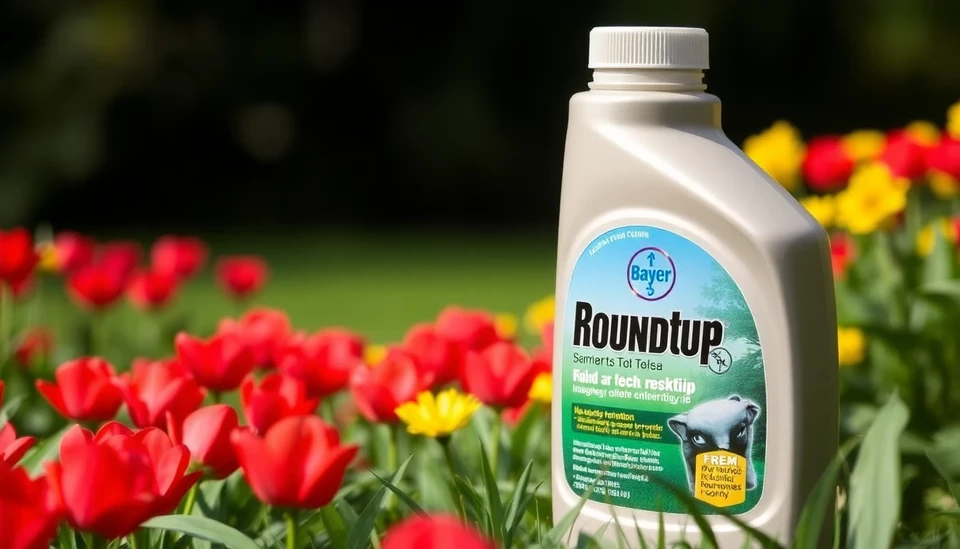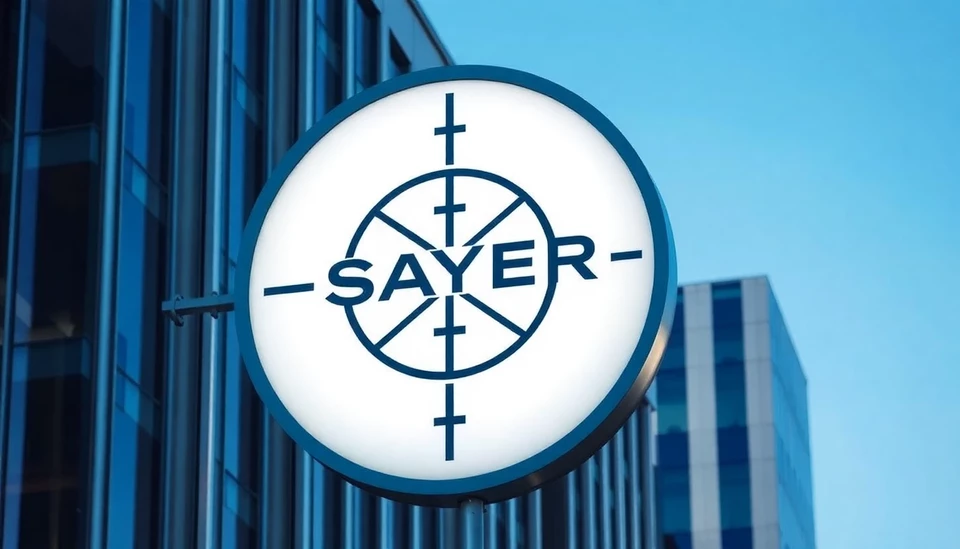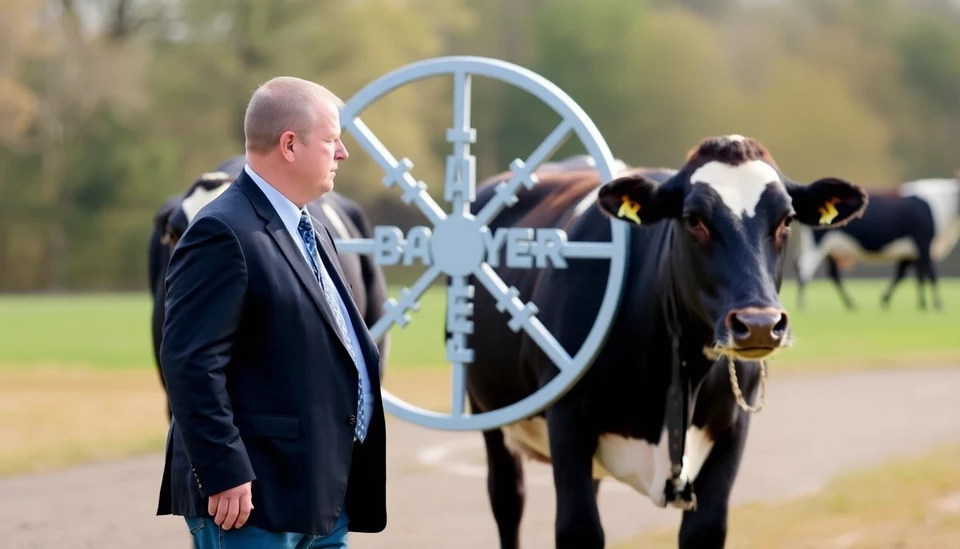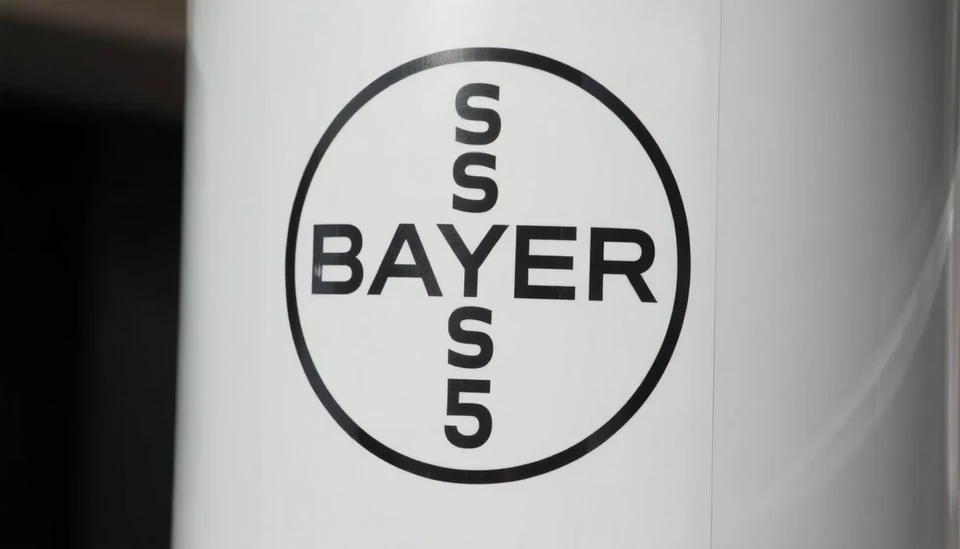
In a significant legal setback, Bayer AG has been ordered by a jury in Georgia to pay $2 billion in damages to a couple who alleged that their cancer was caused by the company's glyphosate-based herbicide, Roundup. The verdict follows a trial that highlighted the contentious and ongoing debate surrounding the safety of glyphosate, a chemical that has been under scrutiny due to its potential link to cancer.
The jury's decision, delivered on March 22, 2025, comes after the couple, Alva and Alberta Pilliod, claimed that continuous exposure to Roundup while gardening led to their respective diagnoses of non-Hodgkin lymphoma. The jury found Bayer negligent in its failure to warn consumers about the health risks associated with Roundup, marking the company's second high-profile legal loss associated with the herbicide.
This verdict comes amid an already challenging landscape for Bayer, which acquired Roundup’s manufacturer, Monsanto, in 2018 for $63 billion. Since the acquisition, Bayer has faced thousands of lawsuits from plaintiffs alleging that Roundup causes cancer, often leading to massive jury awards. The company has denied that the product is carcinogenic and has stated that it plans to appeal the verdict.
In this case, the jury awarded the Pilliods $55 million in compensatory damages and $2 billion in punitive damages, a striking figure that underscores strong feelings regarding corporate accountability and consumer safety. During the trial, evidence was presented showing that Bayer and Monsanto had known about the risks associated with glyphosate for decades yet failed to adequately warn consumers.
Bayer's CEO, who has publicly defended the safety of Roundup, expressed disappointment in the ruling. The company has reiterated its commitment to resolving ongoing litigation and emphasizing the regulatory approvals Roundup has received in various jurisdictions worldwide.
This decision adds pressure on Bayer to find a resolution to the multitude of lawsuits it currently faces. The company has previously attempted to settle thousands of these cases outside of court with various proposals, yet challenges regarding allegations of glyphosate's safety persist.
The legal landscape regarding herbicides and pesticides continues to evolve, with growing public concern about the implications of long-term exposure to chemicals. This high-profile verdict in Georgia amplifies the conversation surrounding agricultural practices, chemical use in the environment, and public health safety.
As Bayer prepares for an appeal, the implications of this case could resonate well beyond the courtroom, shaping public perception and regulatory approaches to chemical safety in the agricultural sector for years to come.
In a world increasingly aware of the potential dangers posed by chemicals in everyday products, this case serves as a reminder of the crucial need for transparency from corporations regarding the safety of their products.
As the agricultural industry watches closely, legal experts anticipate that this ruling could influence future cases and the ongoing litigation surrounding glyphosate and similar products.
In closing, this $2 billion jury verdict is not just a financial blow to Bayer, but also signifies a pivotal moment in the ongoing struggle between consumer safety and corporate responsibility.
#Bayer #Roundup #Lawsuit #Cancer #Glyphosate #LegalVerdict #Agriculture #ConsumerSafety #Health #Pesticides #NonHodgkinLymphoma #CorporateAccountability
Author: John Harris




